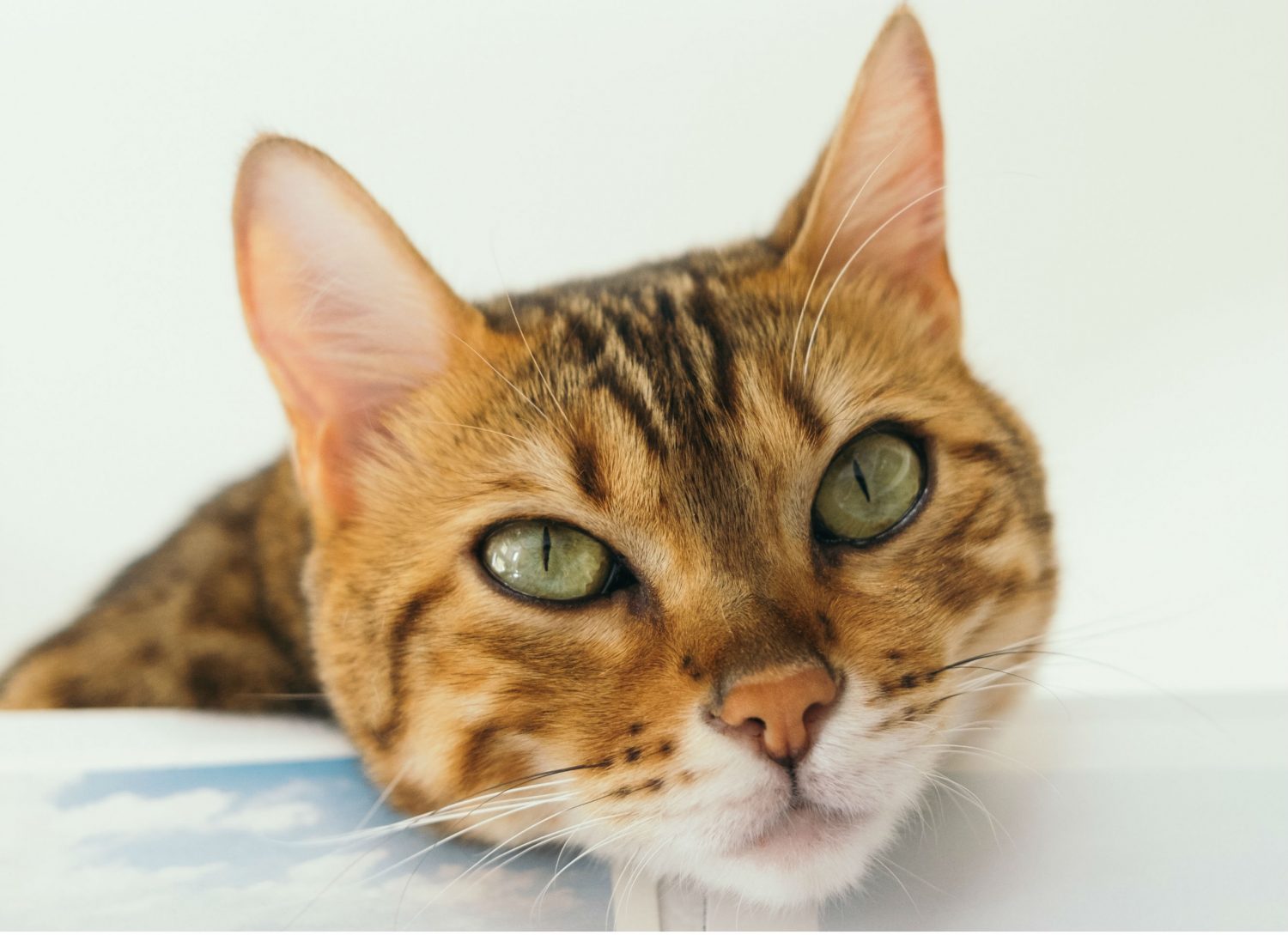Is sneezing and watery eyes a sign that a cat has allergies and what kind of medication could be given?
Original Question: My cat Jake is 3 years old and appears to have allergies. He sneezes a lot and his eyes water. I was wondering what I could give him for it - Karen
 Mar 5, 2018
Mar 5, 2018
Hi Karen,
Thanks for sending in your question. Sorry to hear about this.
Right off the bat, I have to question whether this could be allergies. Most cats with allergies get skin lesions or gastrointestinal problems, such as vomiting and diarrhea. Watery eyes and sneezing in cats is much less likely to be allergies. They often indicate an upper respiratory tract infection (URTI) with involvement of the eyes.
If this were allergies, the treatment is quite easy. You could get a prescription for anti-inflammatory eye drops to treat the ocular issue while you look for the reason for the allergies. It could be from turning on a furnace, recently opening windows, dust production (moving, renovations, etc.), to name a few. It may be difficult to isolate the offending allergy so sometimes you just have to treat the symptoms.
In my limited opinion, you are likely dealing with an infection here. I would recommend you visit your veterinarian and confirm this. The first question I always ask owners of sneezing cats is ‘where did you get him?’ Cats that come from shelters are often afflicted with viruses that can cause repeated respiratory tract and ocular infections, such as herpes virus, mycoplasma (a pseudobacteria), chylamidia (a pseudobacteria), FIV (feline immunodeficiency virus), FeLV (Feline leukemia virus), and calicivirus. I usually start a treatment of antibiotics when I see them for the first time. If the cat has an underlying virus, the infection is usually a secondary bacterial infection that the virus has facilitated. So the antibiotic treats the bacterial infection and the cat’s immune system has to resolve the underlying viral entity. A lot of these viral infections will go into dormancy, and then recur. If the symptoms return a second time, I perform what’s called an upper respiratory and ocular panel. This test will look for all the entities listed above. Some of them can be specifically treated and resolved, but others cannot. Supplemental treatment may exist, such as giving an L-lysine product to a cat with herpes virus, which is known to reduce the viral load and therefore the rate of recurrence of the infection.
Hopefully this information gets you a little further along.
Dr. Clayton Greenway
Disclaimer: healthcareforpets.com and its team of veterinarians and clinicians do not endorse any products, services, or recommended advice. All advice presented by our veterinarians, clinicians, tools, resources, etc is not meant to replace a regular physical exam and consultation with your primary veterinarian or other clinicians. We always encourage you to seek medical advice from your regular veterinarian.

